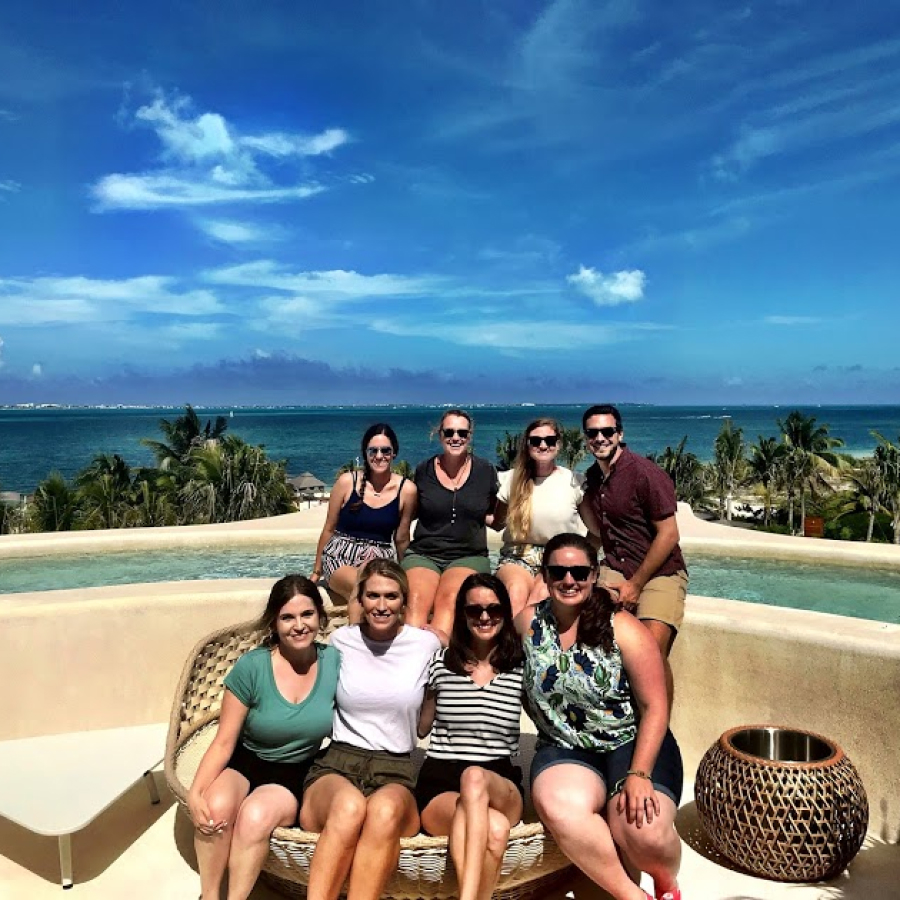
You deserve travel that transforms. As a modern travel agency dedicated to turning your minutes into memories, we understand you aren’t looking for a cookie-cutter itinerary or to be stranded without someone acting on your behalf. Our team of luxury travel professionals work with you to curate your getaway and serve as your advocate during each step of the process — so you can relax and savor the excitement of every moment.
We work on behalf of our clients, as a service-based agency and true partners. With Jetset, we’re here to hear every detail of your travel dream and make it a reality. Our commitment to our clients is first and foremost in every
experience. Here’s what you can expect from working with us:
It’s no easy feat to bring a dream to life, that’s why listening to and forming a relationship with you is a top priority. We’ve designed the Jetset Way to be collaborative, involving you in all of the details so you have peace of mind when it comes to your vacation plans.
As a service-based company, we’re working on your behalf. An online booking engine won’t have your back like a travel advisor does. When you hire us on, you’re hiring not just a travel agent, but an advocate who works tirelessly to ensure you’re taken care of.
When planning a vacation, we’re working with your most precious assets: your time, finances, and memories. We don’t take this responsibility lightly. When you place your trust in Jetset World Travel, you can rest assured that we’re serving as dependable stewards of your investments.

As fellow travel lovers, we’ve been where you are. We know what it’s like to worry about the “what-ifs,” and to navigate this ever-changing world. But you don’t have to worry about that anymore. Your advisor is not only your guide to the globe, they also become an expert in you. The better we get to know our travelers, the better experience we can bring to life for you — that’s why our process starts with finding out more about you and your travel dreams.
With an efficient travel pro on your side, you’ll save countless hours of planning. Your time is better spent elsewhere!
Our travel advisors listen to your needs and values to design a personally tailored travel experience.
Say goodbye to accommodations and destinations that aren’t up to your standards. We are dedicated to finding the perfect fit for your travel preferences and style.




As fellow travel lovers, we’ve been where you are. We know what it’s like to worry about the “what-ifs,” and to navigate this ever-changing world. But you don’t have to worry about that anymore. Your advisor is not only your guide to the globe, they also become an expert in you. The better we get to know our travelers, the better experience we can bring to life for you — that’s why our process starts with finding out more about you and your travel dreams.

Find inspiration around the world for your next big adventure


